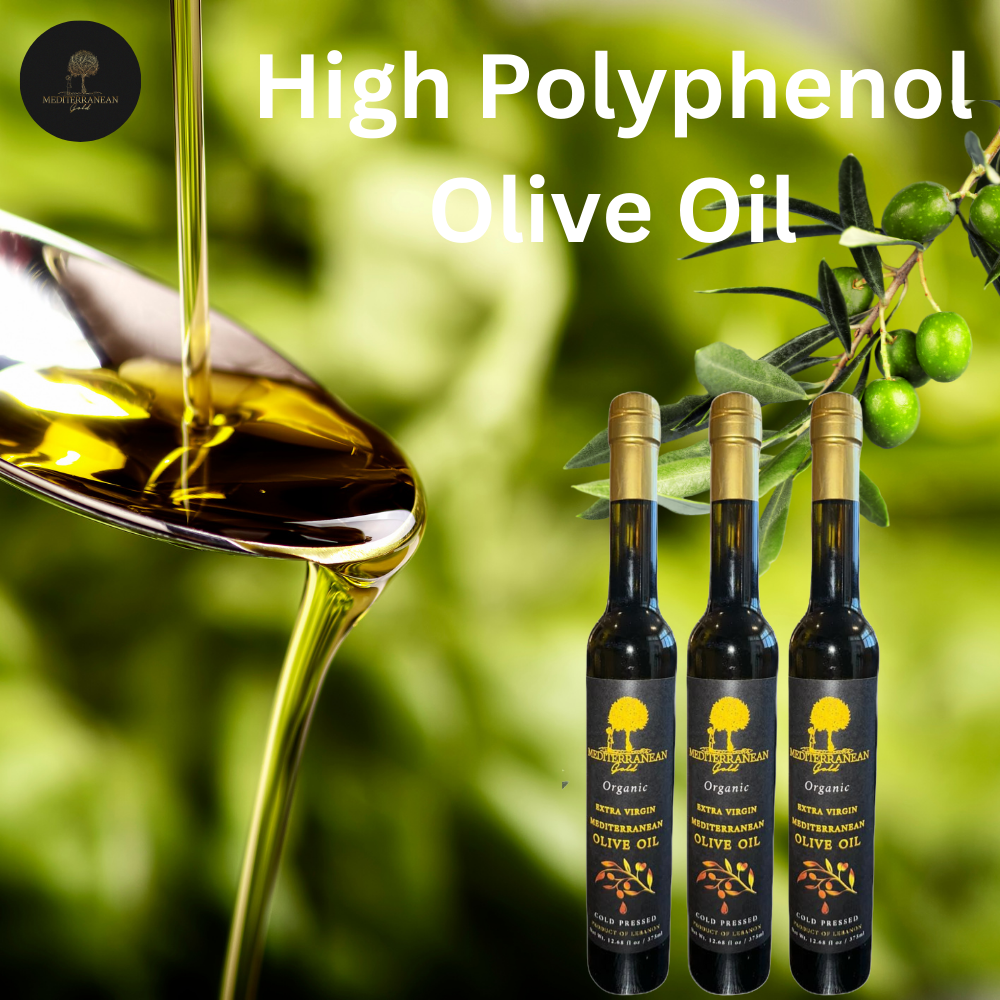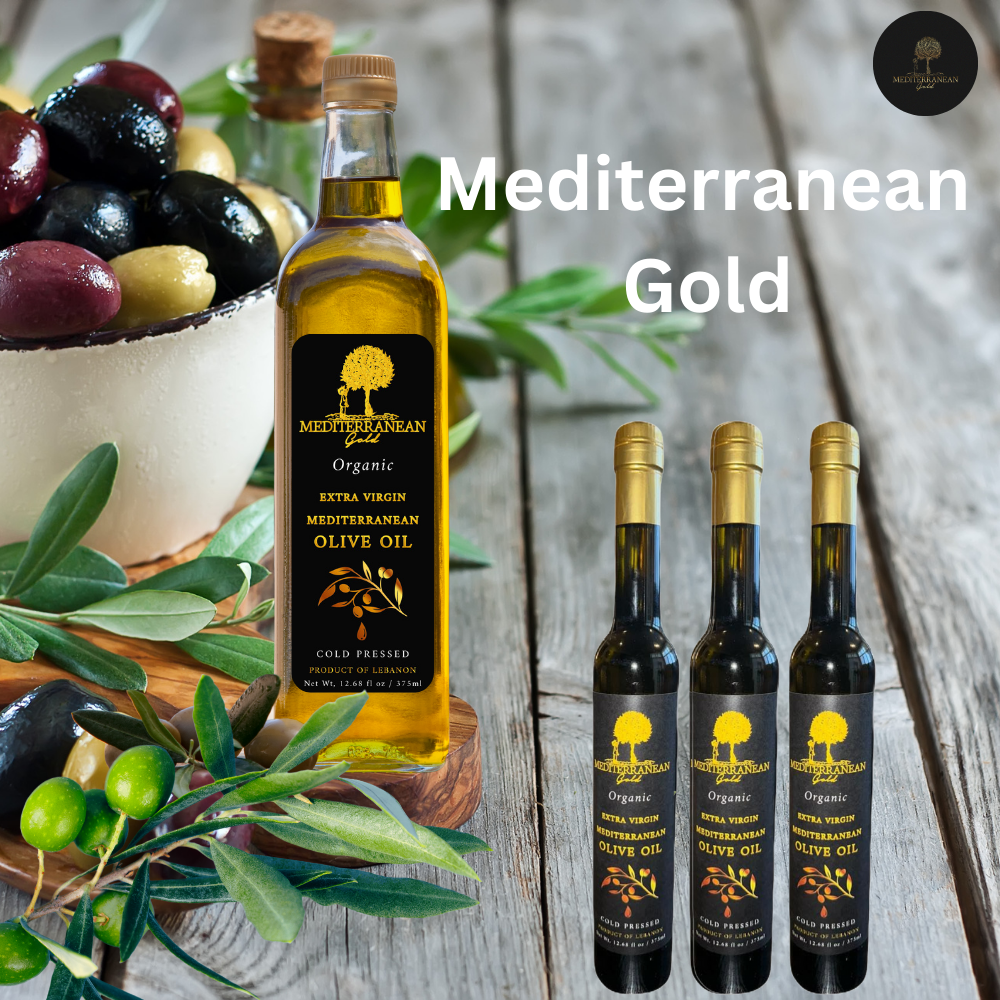In the world of cooking, the choice of oil can make a significant difference in the flavor, texture, and overall quality of your dishes. Olive oil has long been a staple in many kitchens, prized for its rich flavor, health benefits, and versatility. However, some home cooks and chefs may find themselves considering vegetable oil as an alternative. In this blog post, we'll explore the pros and cons of using vegetable oil instead of olive oil, helping you make an informed decision for your culinary needs.
The Case for Olive Oil
Olive oil is renowned for its distinct flavor profile, which can range from fruity and peppery to mild and buttery, depending on the variety and quality. This versatility makes it an excellent choice for a wide range of cooking methods, from sautéing and roasting to drizzling over finished dishes. Additionally, extra virgin olive oil is rich in monounsaturated fatty acids and antioxidants, which have been linked to numerous health benefits, such as improved heart health and reduced inflammation.
The Allure of Vegetable Oil
Vegetable oil, on the other hand, is often seen as a more neutral-tasting and affordable alternative to olive oil. It can be a suitable option for high-heat cooking, as it typically has a higher smoke point than olive oil. Vegetable oil is also widely available and can be a convenient choice for those on a budget or looking for a more neutral flavor profile in their dishes.
Comparing the Pros and Cons
When it comes to choosing between olive oil and vegetable oil, there are several factors to consider:
Flavor Profile: Olive oil offers a distinct, often complex flavor that can enhance the overall taste of your dishes. Vegetable oil, on the other hand, has a more neutral taste, which may be preferable for certain recipes.
Nutritional Value: Olive oil is generally considered the healthier option, as it is rich in monounsaturated fatty acids and antioxidants. Vegetable oil, while often lower in cost, may not provide the same level of health benefits.
Smoke Point: Vegetable oil typically has a higher smoke point than olive oil, making it a better choice for high-heat cooking methods like frying and searing.
Versatility: Olive oil is highly versatile and can be used for a wide range of cooking techniques, from sautéing to baking. Vegetable oil, while also versatile, may not be as well-suited for certain applications, such as drizzling over finished dishes.
Finding the Right Balance
Ultimately, the choice between olive oil and vegetable oil comes down to your personal preferences, the specific dish you're preparing, and your dietary needs. In some cases, a combination of the two oils may be the best solution, allowing you to take advantage of the unique benefits of each. When in doubt, consider experimenting with different oils and paying attention to how they affect the flavor, texture, and overall quality of your dishes. With a little trial and error, you'll be able to find the perfect oil (or blend of oils) to elevate your culinary creations.




Leave a comment
All comments are moderated before being published.
This site is protected by hCaptcha and the hCaptcha Privacy Policy and Terms of Service apply.